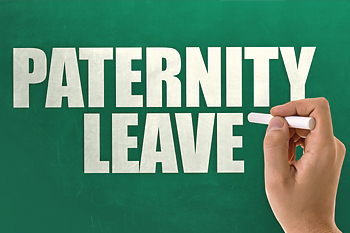Human resources expert discusses new study and the recent legislation giving 2.1 million Americans paid leave

A brand-new, international study from a team of Danish researchers sought to discover what impact paternity leave policies had on companies. The economists found that paid leave had no demonstrable negative impact on a company’s bottom line.
The economists’ findings should be heartening to American employers who could be facing changes to paternity leave policies in the near future.
“In America, 1 in 4 women go back to work within 10 days of giving birth,” says Rob Wilson, human resources expert and President of Employco USA, a national employment solutions firm. “Currently, under the Family and Medical Leave Act (FMLA), eligible employees are able to take up to 12 weeks off work after having a child or adopting a child, but this time off is often unpaid.”
However, recent legislation which just passed in the Senate could mean that over 2 million Americans may now have access to paid paternity leave.
“The spending bill made paid paternity leave a reality for civilian workers who are employed by the government,” says Wilson. “The bill, which had enormous support in the Senate, gives 12 weeks of paid paternity leave to any civilian government employee who births, adopts, or fosters a child. Employees must have been at their position for at least one year in order to receive this benefit.”
This will be the first time since 1993 that any changes have been made to the Family and Medical Leave Act (FMLA) when President Bill Clinton first signed the bill.
“While many states such as New York and California do have paid family leave policies, more than 80 percent of American employees do not have paid paternity leave,” says Wilson. “So although, this new legislation will only impact federal workers, we have to remember that the United States government is the country’s biggest employer. By making this change, other companies will be inspired to follow suit, and other states may also introduce similar legislation as they see the support and positive impact of paid paternity leave for federal employees.”
For more on this topic, please contact Rob Wilson at rwilson@thewilsoncompanies.com.